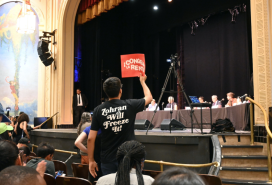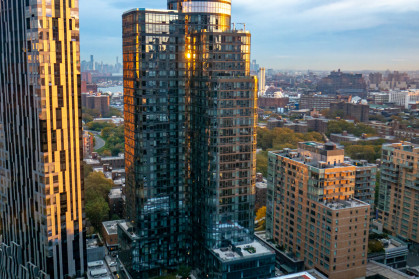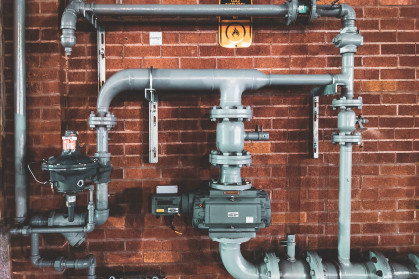
How are co-op and condo owners charged for the costs of running the building?
In both co-op and condos, owners make monthly payments for shared expenses like heating, water and electricity, staff, and elevators. How much the shared costs are is highly dependent on your building’s size and number of floors. It also depends on what types of services or amenities your building has.
In a co-op, the monthly payment is known as maintenance, or maintenance fees; in a condo, the owner pays what is called common charges (often abbreviated CC).
| CO-OP | CONDO | |
|---|---|---|
| Ownership | Owners are shareholders in the corporation. Shareholders do not own the physical space; their apartments are assigned through a proprietary lease. | Unit owners are owners. Because individuals own their apartments, it is harder for boards to regulate them. |
| Monthly Dues/Fees | Maintenance, maintenance fees | Common charges (CC), or HOA fees |
| Real Estate Taxes |
|
|
| Mortgage |
|
|
| Capital Project Loans | The underlying mortgage lender needs to approve capital project loans. | Commonly used because the mortgage for the super’s apartment is typically small. Bylaws often require financing for specific repair projects. |
| Special Assessments | Many co-op bylaws leave financial decisions to the board. | Bylaws often require special assessments for specific repair projects. |
Transfer fees, also known as “flip taxes,” are fees commonly imposed on buyers or sellers in New York City co-ops and condos upon sale of an apartment. (Although transfer fees are often referred to colloquially as “flip taxes,” they are not taxes, since they are imposed by the co-op or condo, not by the government. But the catchy name has stuck.)
These fees are an alternative means to raise capital for capital projects and maintenance repairs, thus alleviating the need for assessments. The amounts of transfer fees, their structure, and how they can be changed are generally determined by the bylaws.
Here are some ways that the transfer fees can be structured:
- A flat fee
- Dollar amount per share or percent ownership
- Percent of the sales price
- Percent of the net profit
- A high percent in the first year(s) followed by a sliding scale in order to discourage flippers and encourage long-term residency
Sign Up for our Boards & Buildings Newsletter (Coming Soon!)
Thank you for your interest in our newsletter. You have been successfully added to our mailing list and will receive it when it becomes available.























